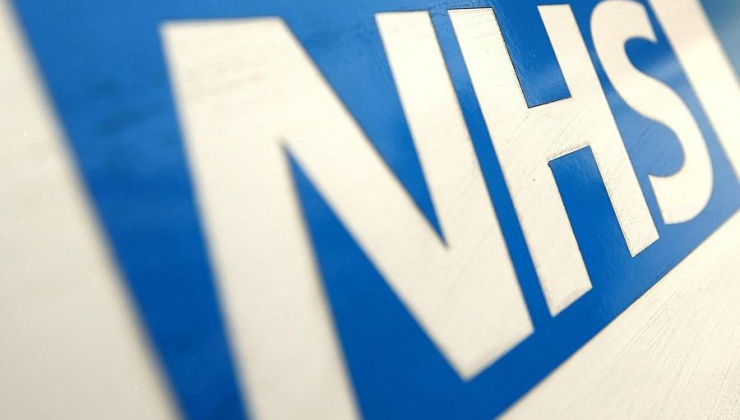The surcharge will be introduced on 6 April 2015. It will apply to applications where payment is made on or after the 6 April. The health surcharge will be set at £200 a year for temporary migrants and £150 a year for students. Dependants will generally be charged the same amount as their main applicant. The total surcharge amount for the whole period of leave granted will be payable upfront.
Why the surcharge is being introduced
The immigration health surcharge will ensure that temporary, non-EEA migrants coming to the UK for more than six months contribute to the NHS in a manner in line with their immigration status.
The surcharge is not a visa fee. The payment will be collected by the Home Office and it will go directly into the National Health Service (NHS) and will give migrants access to the NHS on the same terms as a permanent UK resident. The surcharge will be set at a competitive rate and will be a lower cost over the period of stay than the cost of even basic private medical insurance.
Private medical insurance for students and working migrants is a common requirement in many of our competitor nations, such as Australia and the USA and the costs there are higher.
Private medical insurance in the UK, which is comparable with healthcare provided by the NHS, is likely to be significantly higher than the proposed surcharge. Basic medical insurance will generally not cover the full range of treatment offered by the NHS, including pre-existing and chronic conditions and treatment for pregnancy. Furthermore, in the case of a medical emergency, it is still the NHS which will be providing treatment.
Who has to pay the surcharge
The health surcharge will be paid by non-EEA nationals who apply to come to the UK to work, study or join family for a time-limited period of more than 6 months. It will also be paid by non-EEA nationals who are already in the UK and apply to extend their stay. Some exemptions to this rule will apply – see below.
'IMMIGRATION HEALTH SURCHARGE' will be introduced for NON-EEA migrants
Admin |
23 Mar, 2015 09:52PM
| Leave a comment







COMMENT